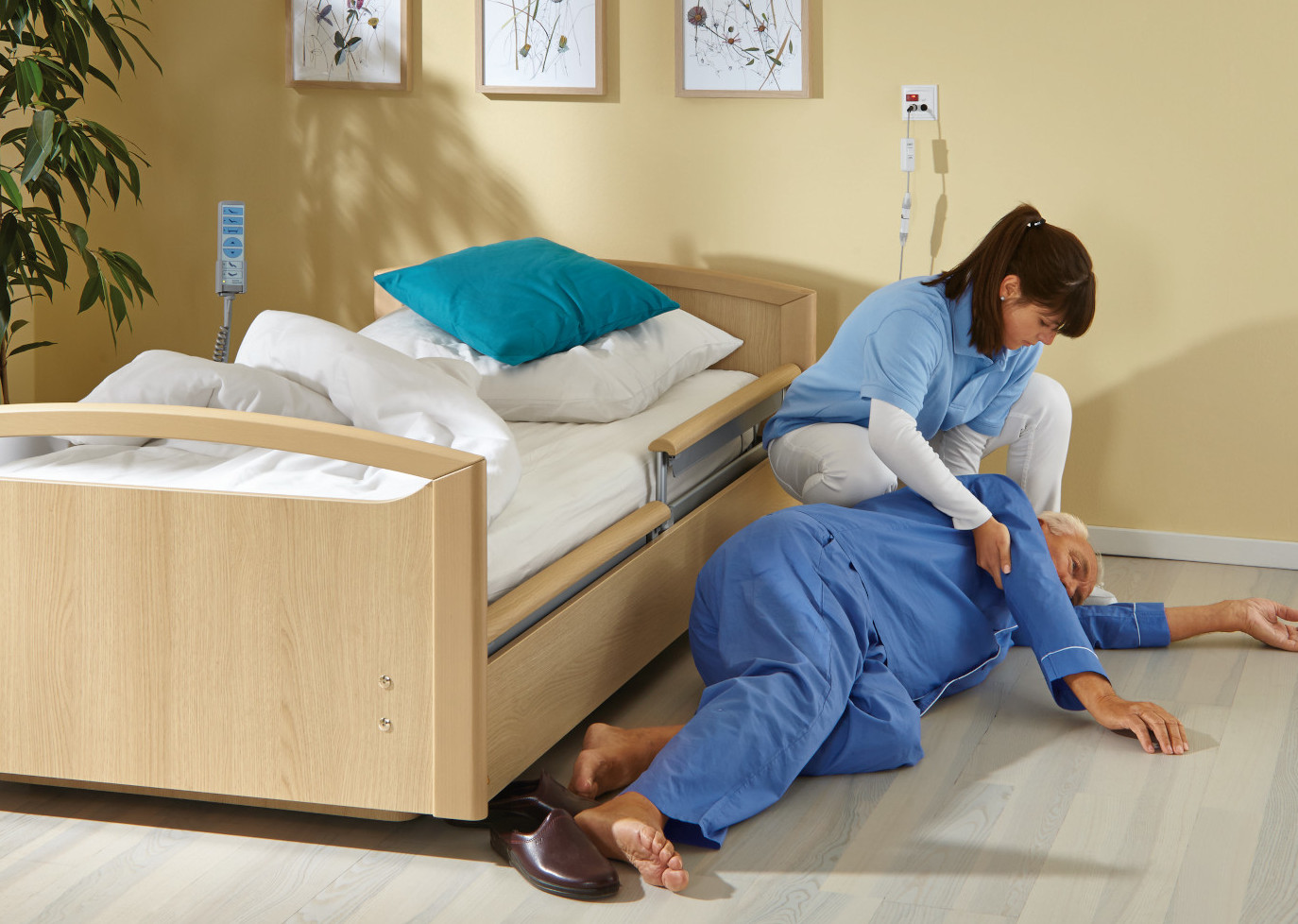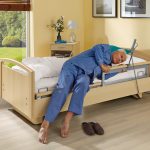Nursing is an emotional and physical effort. How nurses escape from stress:
Bureaucracy and documentation, physical exertion and always too little time per patient – hardly any other employee in Germany suffers as much from stress as nursing staff. This was the finding of the study „Stress and Resilience“ commissioned by the Asklepios Kliniken 2017. We cannot change the system for the time being, but we can change the way we deal with it. You can read here how nursing staff can deal with mental stress.
Study: Nursing staff is exposed to extraordinary stress
More than half of all nursing staff in nursing homes, outpatient care and clinics frequently or regularly suffer from physical complaints due to stress, and one third suffer from psychological symptoms. While hospitals generally have the greatest burden, with 45 percent of the workload, nursing homes have too little time per resident (51 percent) and outpatient nursing services have too little time per resident (44 percent), while bureaucracy and documentation are the main problems. The same is also the case for nursing staff in private clinics with 41 percent.
Volker R. is the residential area manager at a nursing facility with 70 residents. The 55-year-old loves his job and helps his warders with all his heart and full commitment. For years he has had to look after double-digit numbers of patients, but the number is increasing all the time. Residential areas have been merged, staff has been reduced and the pressure from above is increasing. At the same time Volker R. does not want to abandon his protégés. „We have to keep a minimum standard of care simple, I can’t just throw the begging away,“ says the mid-fifties man, feeling responsible. In this situation Volker R.’s superiors are working under pressure: they expect him to look after the residents with a minimum personnel key again this year and also to pass the MKD examinations with top marks.
According to the study, Volker R. is in good company. With 60 percent physical and 46 percent psychological symptoms, employees in retirement homes are clearly ahead of outpatient nursing services (59 percent and 34 percent) and hospital nursing staff (39 percent). When a high level of stress is reported and negative stress predominates, the rate of complaints such as back pain, high blood pressure and sleeping problems is twice as high.
Physical symptoms are warning signs of too much stress
„In this situation the man came to me,“ says Leonhard Fromm. The Schorndorf-based coach, who has been working in the business environment for four years as a part-time Gestalt therapist, was recommended to him after he complained about sleep disorders, existential fears and self-doubt. „The example shows that pressure is not a solution and testifies to the incapacity of many managers,“ says the 56-year-old.

With Volker R., he first illuminated his biography, which is characterized by loyalty and a sense of duty. Not to follow what authorities such as father, teachers or bosses say was considered to be a betrayal by him without any checks. In addition, despite her self-confident appearance, the nurse had only low self-esteem, which only improved in the short term through successes on the outside. So Fromm worked out with him what he can still be proud of: His attractive wife, who loves him; his sons, who are successful in their careers and respect him greatly; his friends; crises he has overcome; his paid house; his craftsmanship.
Concentrating on the positive in life, bouncing back criticism
The therapist: „We often make the mistake of reducing ourselves to the professional and are then completely dependent on what is happening there at the time. With the improved self-worth R.s view widened. It became clear to him that he would still have a good income even as a part-time employee and that he did not have to take this personally, because in fact he could not blame himself for any mistakes in nursing. The result: he is sleeping much better again, has regained his sense of humour and has become more self-confident and confident.
The residents notice a positive attitude too
This is also reflected by residents and colleagues, who for their part have great concerns. The exchange with him is always a benefit for them, his views and cheerfulness do them good and his professional advice is excellent anyway. Occasionally this personal sympathy has led to R.’s work being appreciated more and more than before. The coach: „R. even has the impression that his superiors are increasingly letting him work in peace because he no longer responds to their attacks. For carers who are under massive pressure and have to deal with many professional defeats every day, he has the tip to ask themselves the following questions every day in order not to slip into the shortage and feel inferior: What makes my life beautiful? Who loves me? Who do I love? What was beautiful today? What did I learn today?
These questions, according to the coach, were aimed at our resources and our joy of life. „Under no circumstances should you rate your answers, because comparison is the greatest evil of our well-being,“ says Fromm, who is a life consultant on the Internet and once studied theology and worked for 13 years as a business editor.


